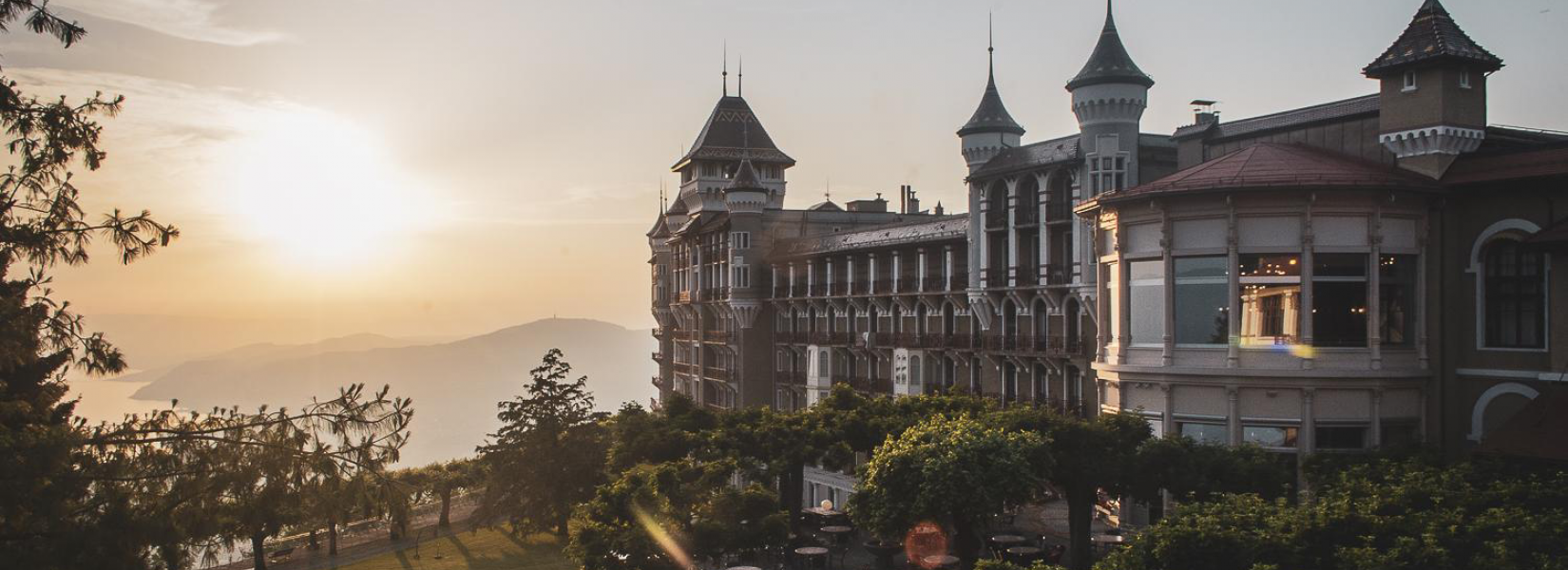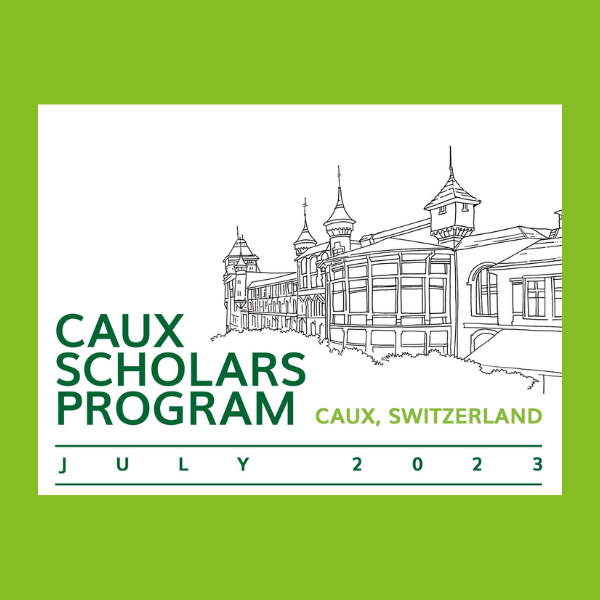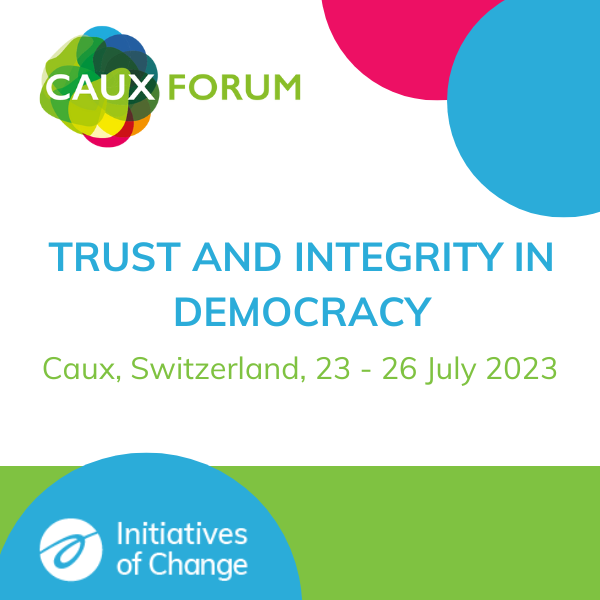Going down the mountain
Caux Scholars Program 2019
08/08/2019
When people say that Caux is a life-changing experience, it is not just a cliché. For some, this is their first time out of their countries. For many, it is an opportunity to work with their traumas and fears and to create a safe space for growth, hope and maturity. After such deep experiences, going back down the mountain is not easy, particularly for those returning to conflict areas or grappling with inner conflicts.
The Caux Forum Director, Nick Foster, reinforces the importance of maintaining the connections made at Caux. ‘The networking we do here is important. These connections can support and assist us as we go on. When we are connected, we are stronger, resilient and more capable than if we stand by ourselves. Having people here for one week or four weeks is an incredible way to build a community.’
The programme coordinator of the Caux Scholars Program (CSP), Osama Alrintisi, is a second-generation Caux participant. His father, Mohamed Alrantisi, first came to Caux in 1997 and was a Caux Scholar in 2001. ‘When I grew up, he told me about it,’ says Osama.
When Osama left Palestine to study in Sweden, he became involved with IofC there. He came to Caux for the first time in 2017 as a participant in the Caux Peace and Leadership Programme (CPLP), returned in 2018 as a Caux Scholar and again this year as programme coordinator.
‘In CPLP, I learned to serve others,’ he says. ‘I met people from different backgrounds and learned how to build a dialogue with someone who disagrees with me. It was one of the most important learnings. CPLP helped me in personal issues, such as how to build relationships, serve and host people. It was helpful for me in Sweden.’
The more academic Caux Scholars Program taught him to ‘look carefully at conflicts and how to approach these issues with others’, he says. ‘It gave me technical and practical development which allowed me to put this knowledge into practice in peacebuilding in my personal and professional life. It had an impact on my way of thinking.’ He finds it hard to leave the peace of Caux, but he goes with hope. ‘I am thinking about what to do next in my country.’
Saba Gül, a 2019 Caux Scholar from Pakistan, is leaving with the same question. For her, the first step towards inclusive dialogue is to stop stereotyping. ‘There is ethnical and religious diversity in my country, especially where I live, in Karachi,’ she says. ‘Pakistan is ready for a real transformation. We need to prepare our generation, especially women.
‘Self-care is undervalued in our community,’ she continues. ‘I had never heard about trauma healing until I came to Caux. Things happen in childhood or adolescence and we keep those traumas for the rest of our lives. Then, self-care is important. For the first time in years, I thought about its importance.’
Alina Shymanska, a 2019 Caux Scholar from Ukraine, says the experience has transformed her. She is going home to base her work on ethics and values she gained in Caux. ‘In conflict zones, we usually discuss justice,’ she says. ‘Forgiveness is the last point we think about. After the Caux Scholars Program, forgiveness will be the first. This process of going down the mountain is not easy, as you need to face reality when you come home. The conflict in my country is still going on. I can have a peaceful dialogue with my community about starting the reconciliation process.’
Text and Photos : Paula Mariane


































